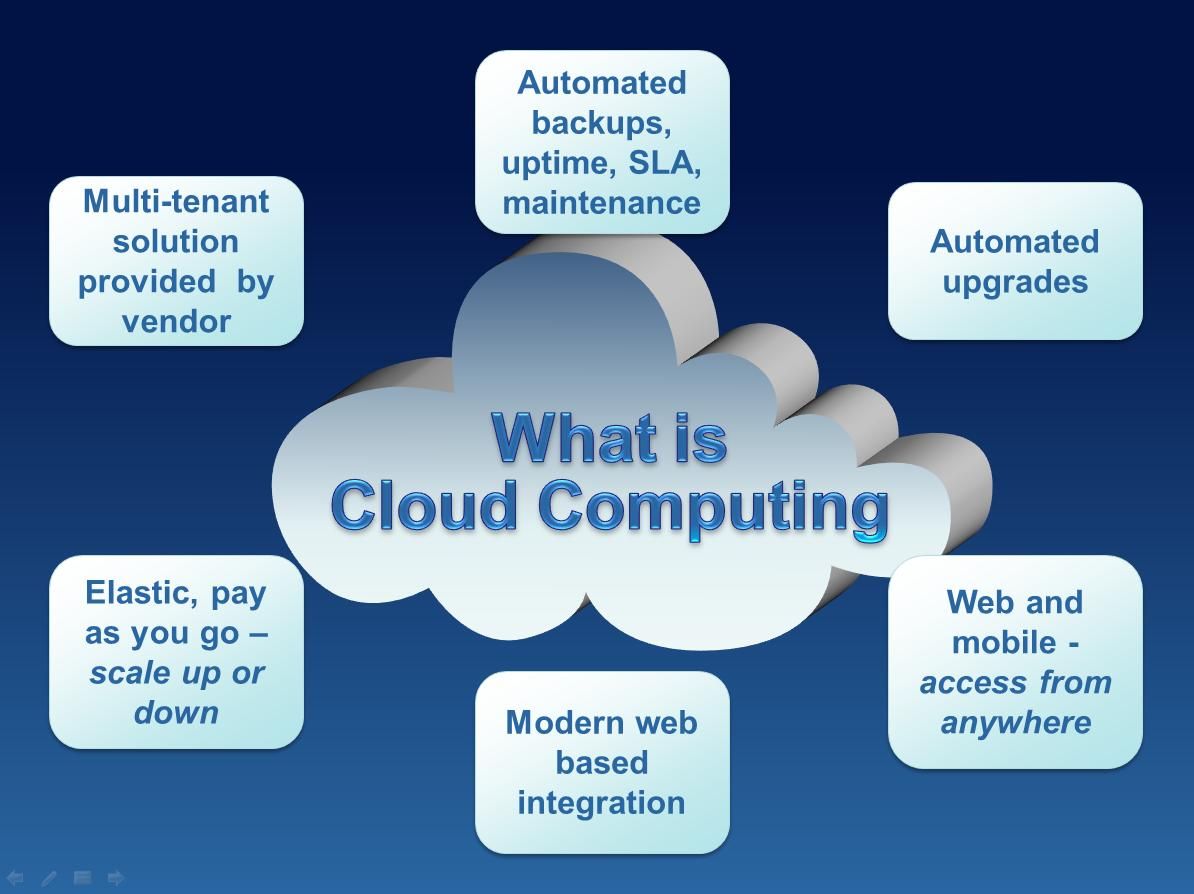
In today’s digital era, businesses rely heavily on technology to streamline their operations and stay ahead of the competition. Cloud computing has emerged as one of the most powerful tools in this effort, enabling organizations to access and manage their data and applications seamlessly, securely, and cost-effectively. This article explores the benefits, significance, and various aspects of cloud computing for businesses operating in the tech industry.
The Evolution of Cloud Computing
Cloud computing has revolutionized the way businesses function, evolving from a mere buzzword to a fundamental aspect of modern technology. It involves the delivery of on-demand computing services, including servers, storage, databases, networking, software, and analytics, over the internet. With cloud computing, businesses can bypass physical infrastructure limitations, boost scalability, and unleash their full potential by leveraging the immense power of the cloud.
Benefits and Advantages for Businesses
1. Cost Reduction and Flexibility
By adopting cloud computing, businesses can significantly reduce their capital expenses involved in setting up and maintaining physical infrastructure. Instead of investing in expensive hardware, software, and technical personnel, they can access these resources on-demand, paying only for what they use. This flexibility allows businesses to allocate their resources more efficiently and focus on their core competencies, enhancing overall competitiveness.
2. Scalability and Elasticity
Cloud computing offers unparalleled scalability, allowing businesses to access additional resources instantly as per their fluctuating demands. Whether it’s expanding storage capacity, increasing computational power, or upgrading software, the cloud can accommodate rapidly changing requirements without any disruption. This elasticity enables businesses to respond swiftly to market trends and customer needs, ensuring that they always stay ahead in the competitive landscape.
3. Enhanced Collaboration and Productivity
Cloud-based solutions promote seamless collaboration by enabling employees to access and share data and applications from any location and device with internet connectivity. This accessibility eliminates geographical barriers and empowers teams to work collaboratively in real-time, boosting productivity and innovation. With cloud-based project management tools, document sharing platforms, and communication apps, businesses can achieve efficient workflows and streamline their operations effortlessly.
Security and Data Management
1. Robust Security Measures
Cloud service providers prioritize security as a top concern, investing heavily in state-of-the-art infrastructure, encryption protocols, authentication mechanisms, and regular security audits. These providers continuously update and fortify their systems to protect data from unauthorized access, network breaches, and potential cyber threats. Businesses can ensure a higher level of security for their sensitive information by trusting the capable hands of cloud computing professionals.
2. Backup and Disaster Recovery
Storing data locally puts businesses at risk of losing crucial information in the event of a hardware failure, natural disaster, or human error. Cloud computing eliminates these concerns by offering automatic backup and disaster recovery measures. By leveraging redundant servers, replication techniques, and data mirroring, businesses can ensure business continuity and rapid recovery in case of unforeseen circumstances, reducing downtime and potential losses significantly.
Future Possibilities and Conclusion
As technology continues to advance, cloud computing is poised to play an even more significant role in streamlining business operations. The integration of artificial intelligence (AI) and machine learning (ML) with cloud infrastructure presents a world of possibilities, from predictive analytics to improved automation and personalized customer experiences. Embracing the power of cloud computing will empower businesses to unlock their full potential, drive innovation, and stay agile in an ever-evolving tech industry.
Cloud computing has become an indispensable tool for businesses in the tech industry to streamline their operations, reduce costs, enhance collaboration, and ensure data security. Its benefits in terms of scalability, flexibility, and productivity are unmatched, setting the stage for a future where the cloud will seamlessly integrate and revolutionize every aspect of business functionality. Embrace the cloud today, and witness the transformation in your own business operations.